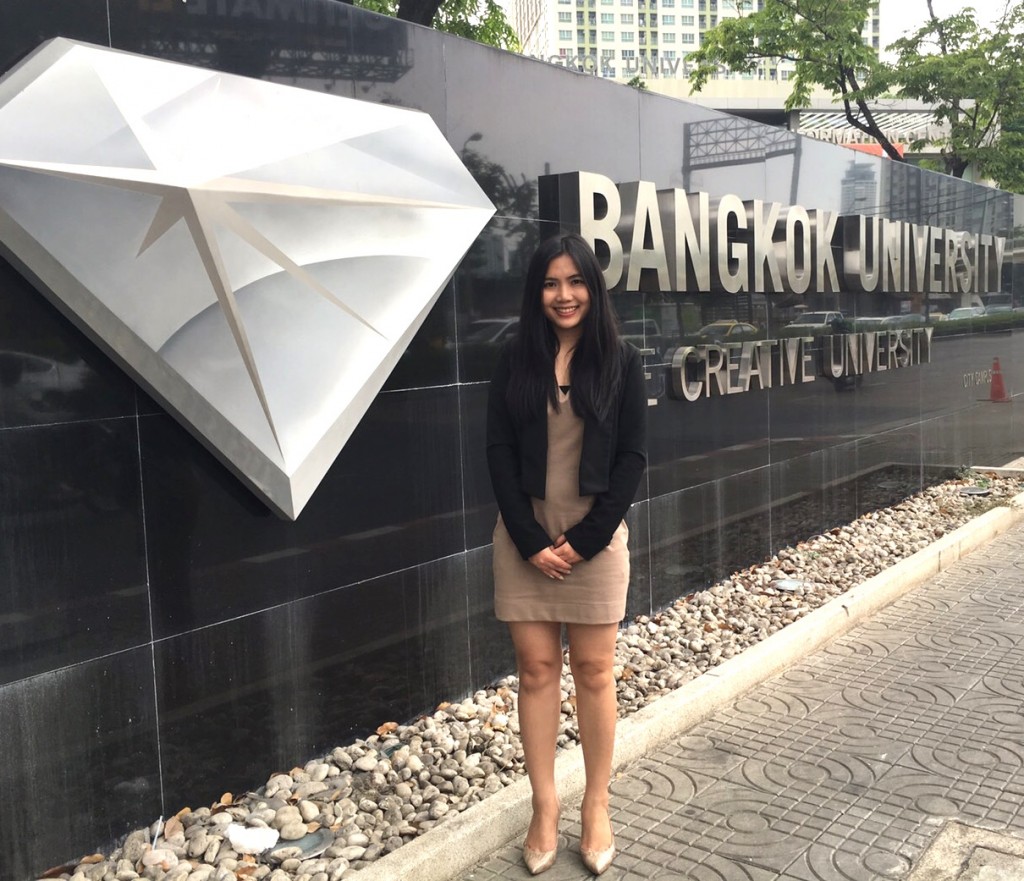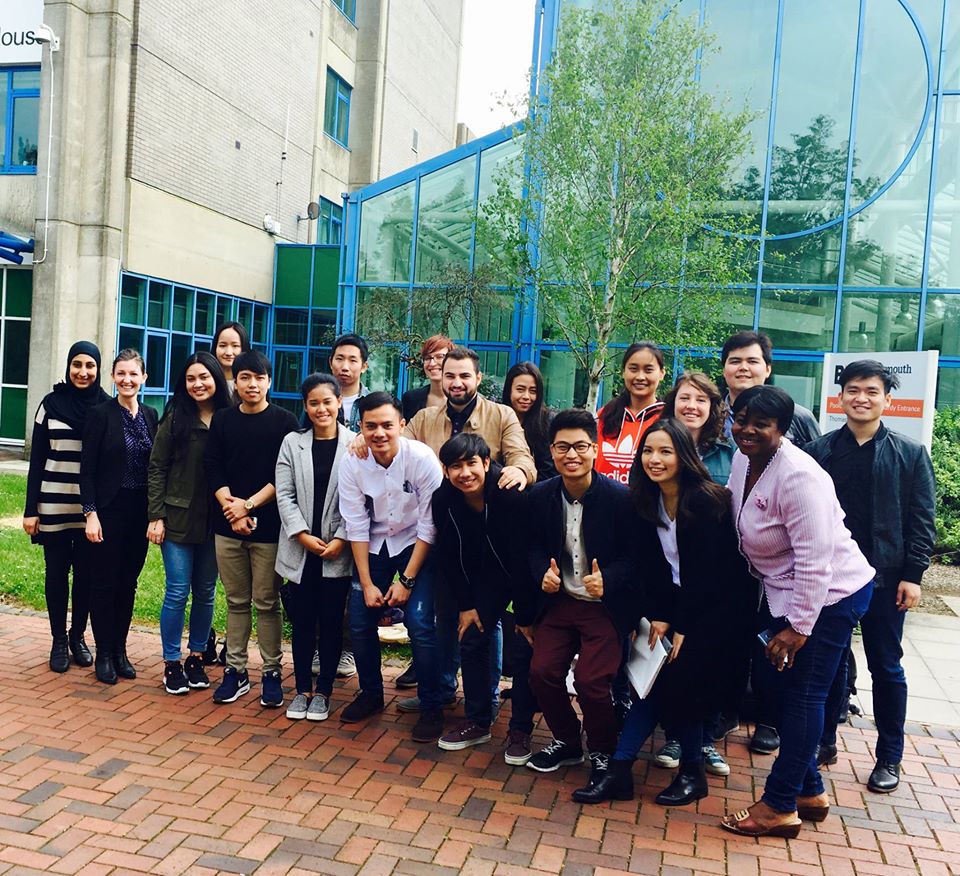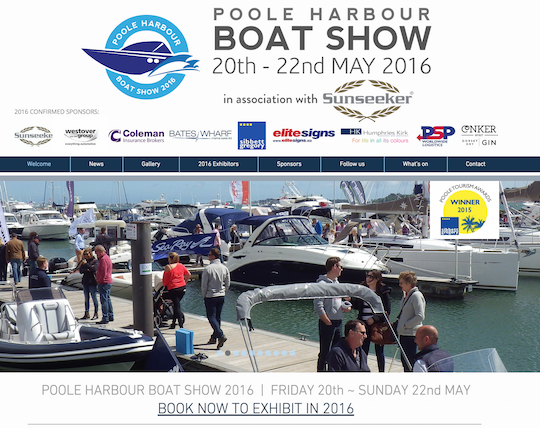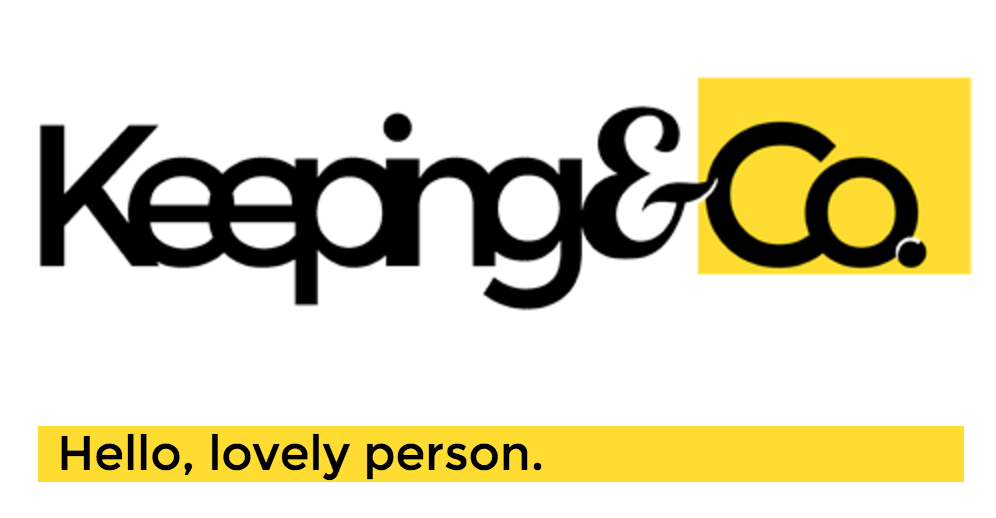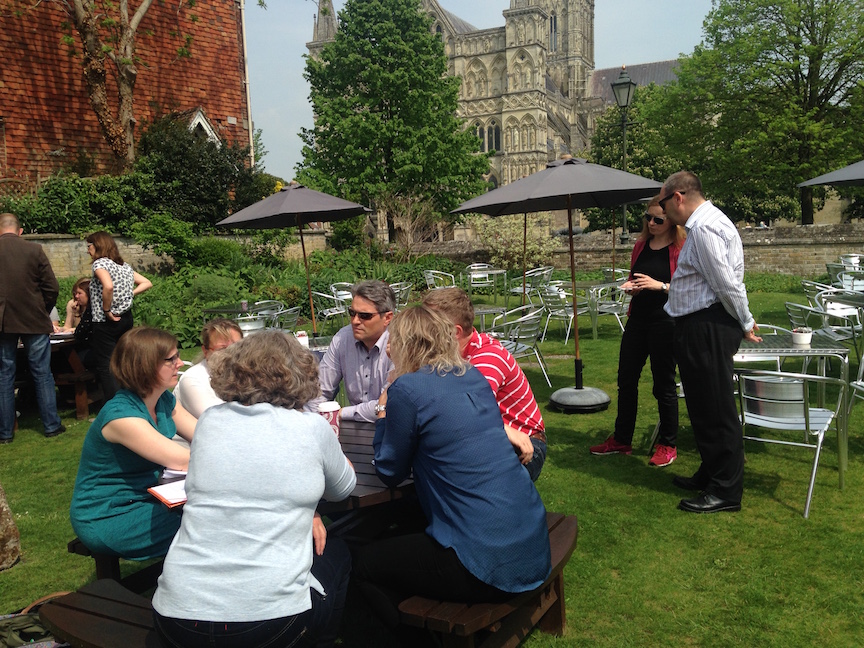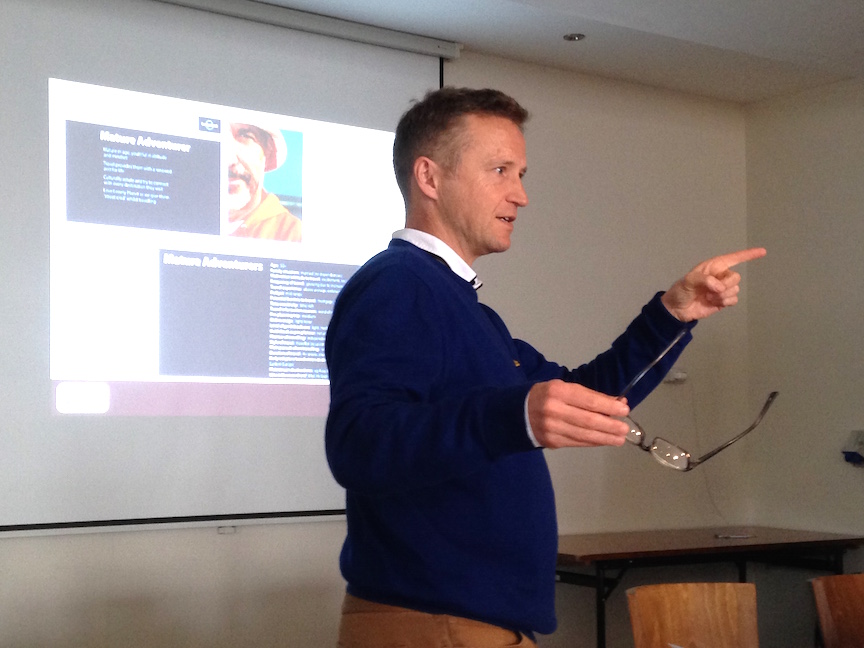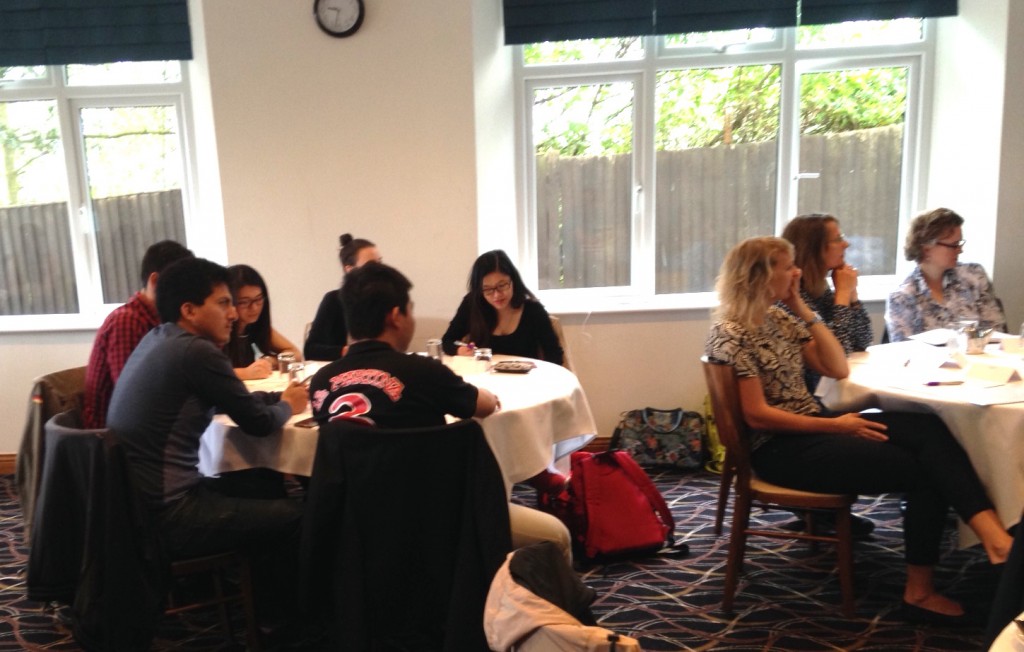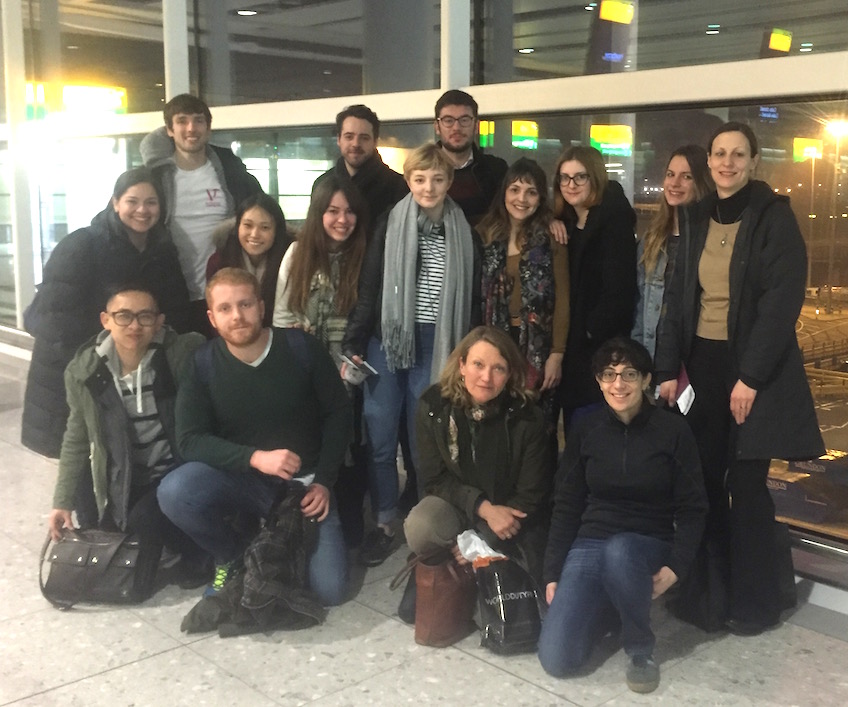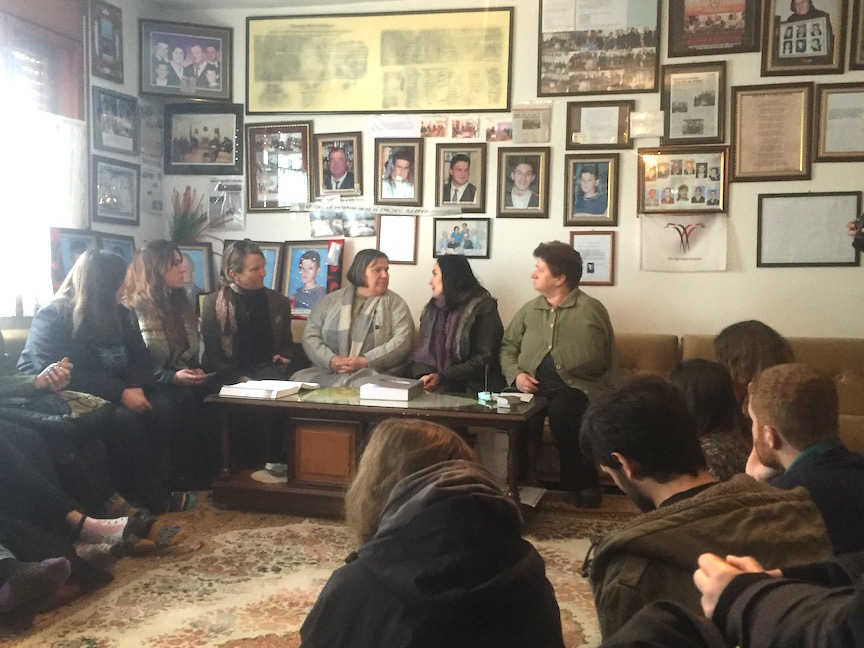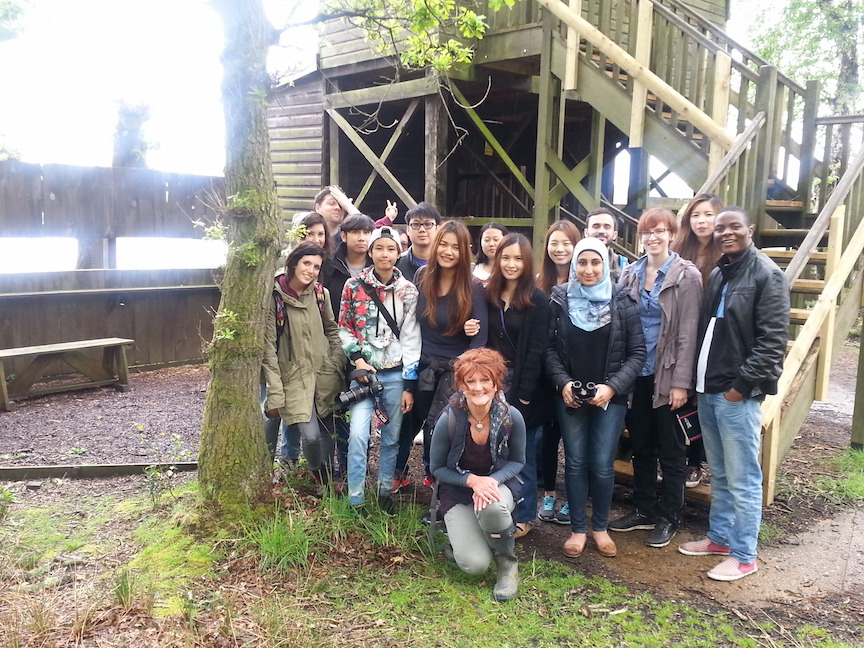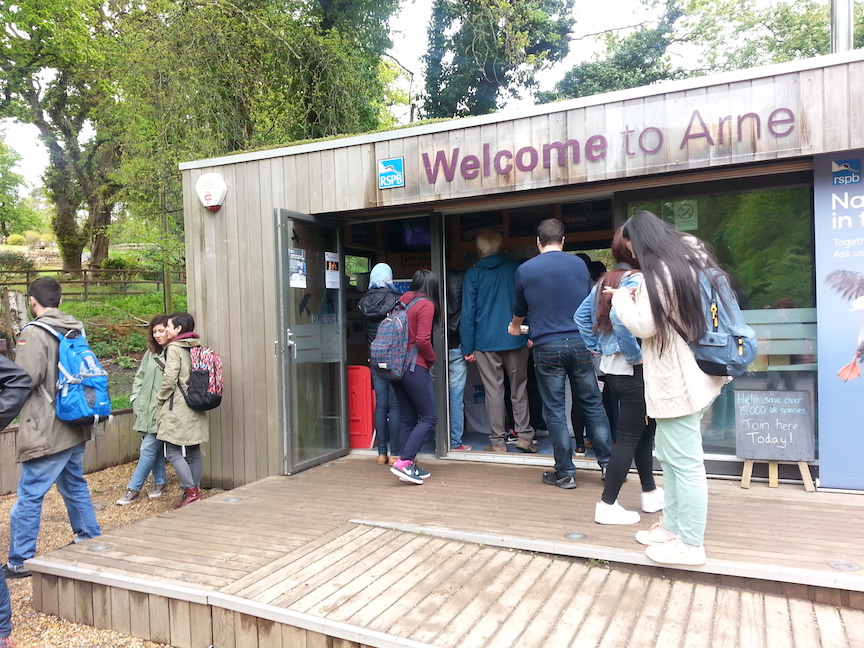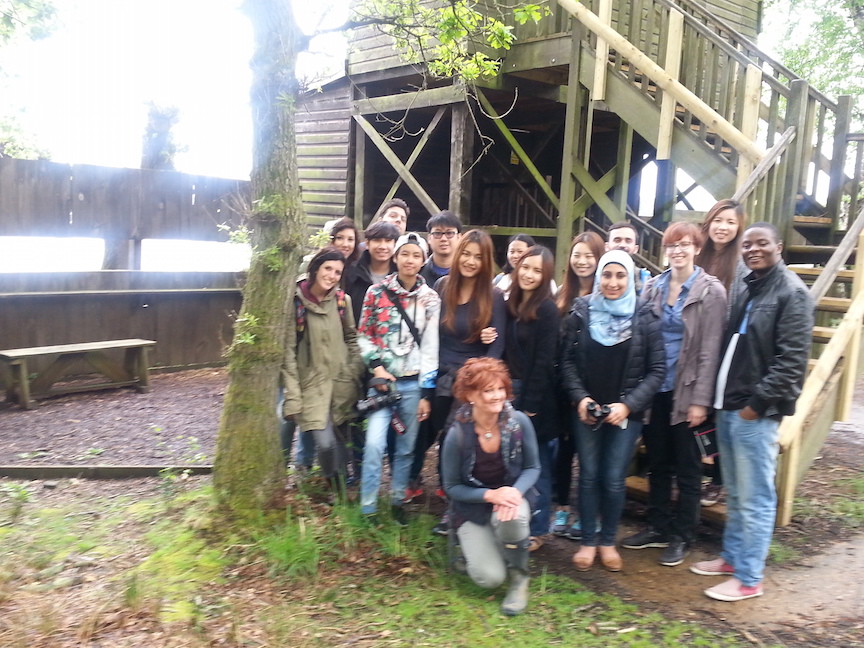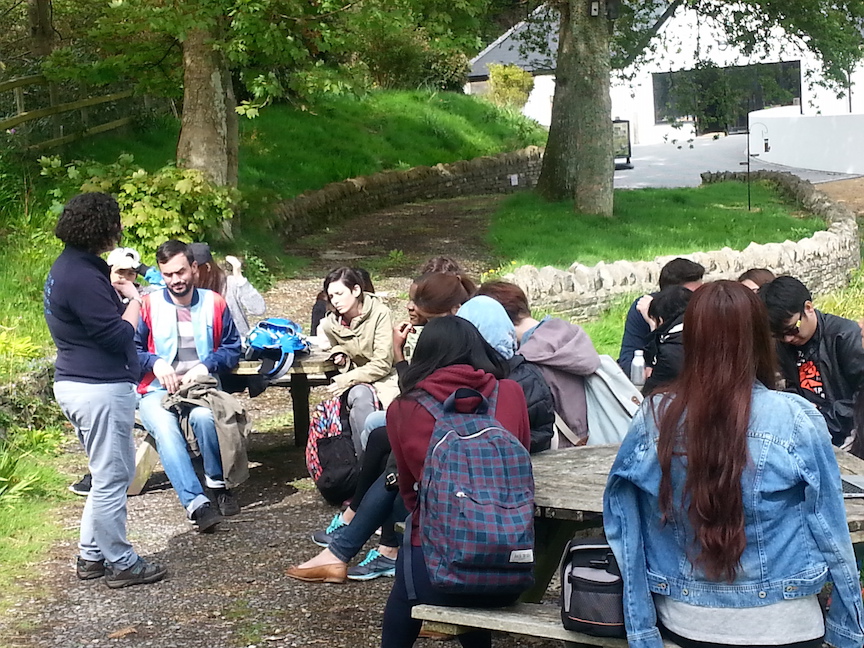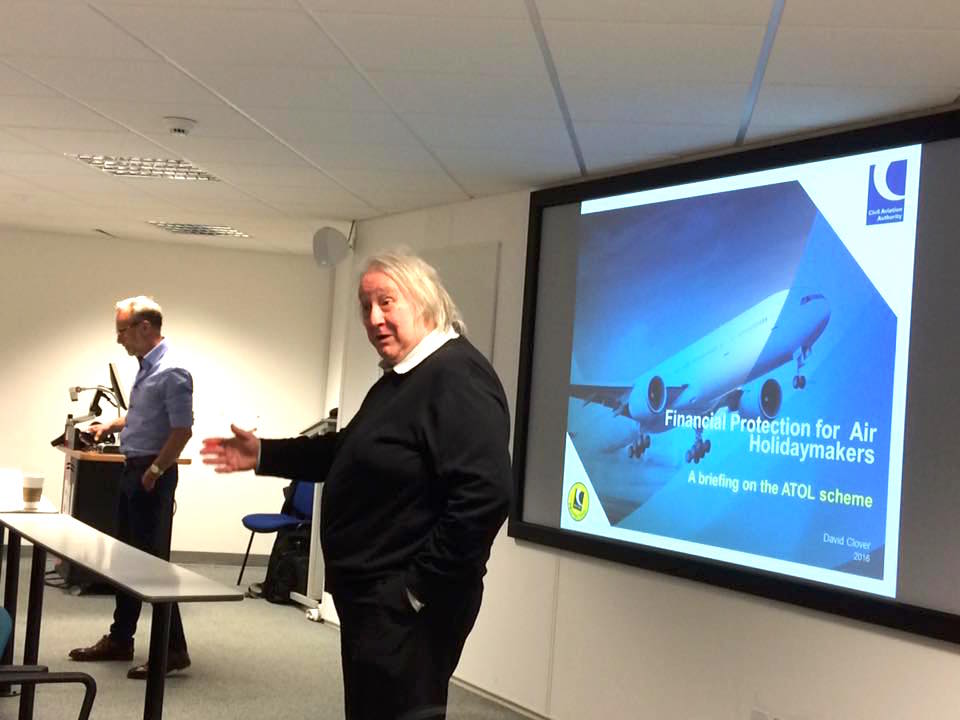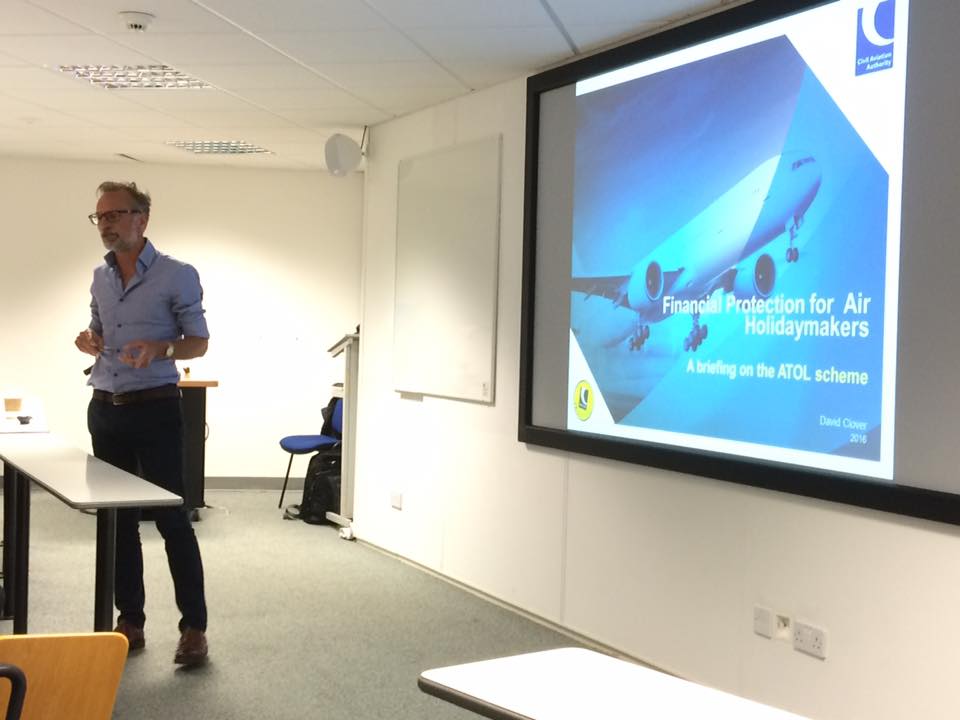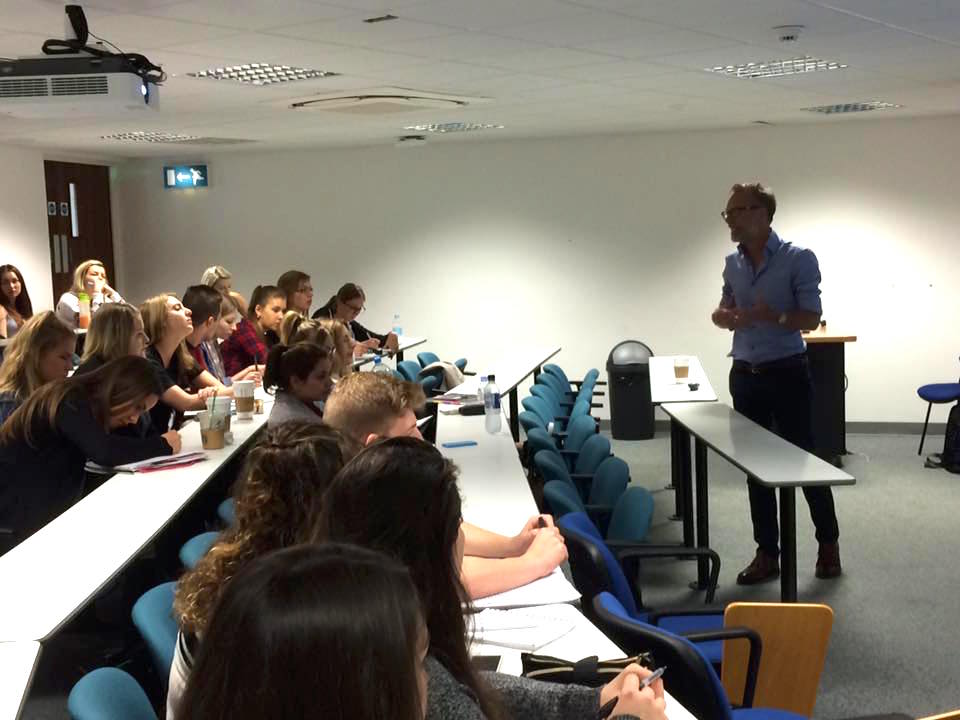Message from KARNCHANA PHAKPHO Lecturer in International Tourism Management, International College at Bangkok University, Thailand
I graduated with a MSc in Tourism Management and Marketing in 2014. I am currently a full-time Lecturer in International Tourism Management, International College at Bangkok University city campus, Bangkok, Thailand. Without my master degree from Bournemouth University I would not have been able to get a job at my current university.
The MSc in Tourism Management and Marketing fulfilled both my academic and professional skills. I learned a lot from my lecturers who are experts, researchers and textbook authors and all courses that I took with them provided me what I need to do my current job well. The MSc in Tourism Management and Marketing course from Bournemouth University is a pathway to the global tourism industry. In particular the eTourism and sport- tourism courses helped me to get a job as they are quite new in Thailand and the tourism trend in my country is now focusing on sport tourism. Moreover, the wide spread of digital technology and its applications have tremendously influenced the tourism industry.
My BU experience overall was excellent. I learned from experts, gained worldwide opportunities and enjoyed university life with international classmates. I would advice recent graduates looking for work to choose the right job that they are interested and specialise in.
Karnchana Phakpho
